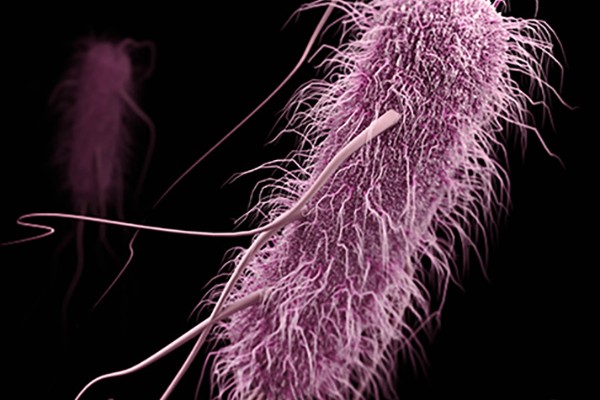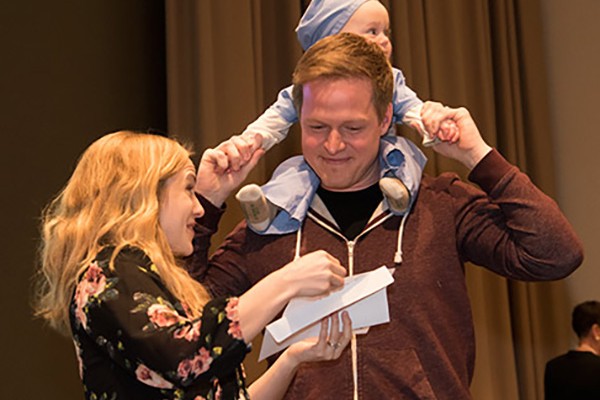Researcher receives grant to collect data from summer training programs
Treva K. Rice, PhD, professor of biostatistics and of psychiatry at Washington University School of Medicine in St. Louis, has received a four-year, $1.79 million grant from the National Heart, Lung and Blood Institute of the National Institutes of Health (NIH) for research titled “PRIDE Coordination Center.”
Obituary: David C. Beebe, 70, professor of ophthalmology and visual sciences
David C. Beebe, PhD, the Janet and Bernard Becker Professor of Ophthalmology and Visual Sciences, died at his home in St. Louis on Friday, March 27, 2015, from complications of amyotrophic lateral sclerosis (ALS). He was 70.
Medical researchers receive NIH grant for summer institute program
D.C. Rao, PhD, and Victor G. Davila-Roman, MD, of Washington University School of Medicine in St. Louis, have received a four-year, $1.28 million grant from the National Heart, Lung, and Blood Institute of the National Institutes of Health (NIH) for a program titled “PRIDE Summer Institute in Cardiovascular Genetic Epidemiology.”
Graduate students receive heart association fellowships
Zeynep Yurtsever, a biochemistry graduate student, and Daniel Kober, a microbiology graduate student, both in the laboratory of Thomas Brett, PhD, assistant professor of medicine at Washington University School of Medicine in St. Louis, have received two-year, $52,000 fellowships from the American Heart Association.
Academy of Science-St. Louis honors Washington University researchers
Six researchers at Washington University are being honored as outstanding scientists by the Academy of Science-St. Louis. University recipients are faculty members Ralph Quatrano, Jennifer K. Lodge, Samuel Achilefu, Charles M. Hohenberg, Gautam Dantas and Steven Teitelbaum (right), who received a lifetime achievement award.
Washington University develops genetic test for inherited kidney diseases
Many kidney disorders are difficult to diagnose. To address this problem, scientists and clinicians have developed a diagnostic test that identifies genetic changes linked to inherited kidney disorders. This testing is now available nationwide through Genomic Pathology Services (GPS) at the School of Medicine.
Common bacteria on verge of becoming antibiotic-resistant superbugs
Antibiotic resistance is poised to spread rapidly around the globe among bacteria frequently implicated in respiratory and urinary infections in hospital settings, according to new research at the School of Medicine.
Sung receives heart disease research grant
Yun Ju Sung, PhD, assistant professor of biostatistics and of psychiatry at Washington University School of Medicine in St. Louis, has received a five-year, $718,950 grant from the National Heart, Lung and Blood Institute of the National Institutes of Health (NIH) for research titled “Statistical Methods For Genomic Dissection of Cardiovascular Diseases.”
Match Day reveals medical students’ next moves
Match Day, when medical students across the country find out where they will head for their residency programs, was March 20. At the School of Medicine, more than 120 students gathered for the delivery of envelopes that contained news of where the soon-to-be graduates had matched. Shown is medical student Justin Krogue and his family.
Mardis elected to board of cancer research group
Elaine Mardis, PhD, the Robert E. and Louise F. Dunn Distinguished Professor of Medicine, has been elected to the board of directors of the American Association for Cancer Research (AACR).
View More Stories


